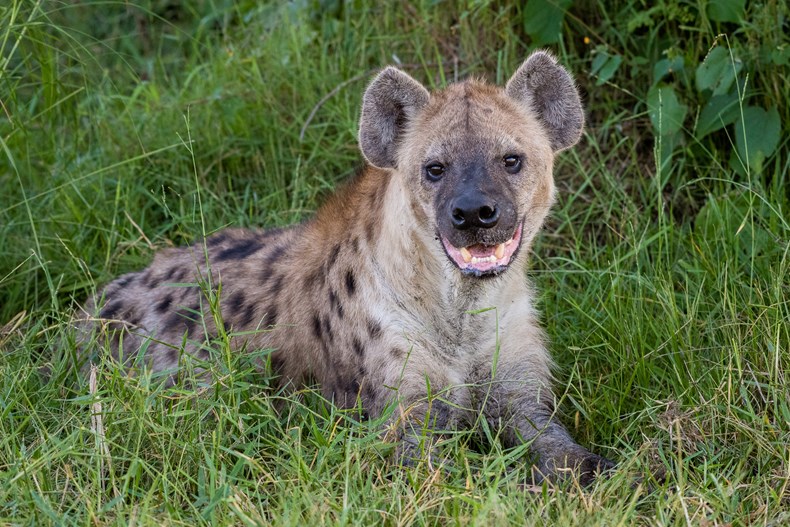Wilderness Safaris Supports Okavango Carnivore Conservation Survey

The Trans-Kalahari Predator Programme (TKPP) based at the University of Oxford’s Wildlife Conservation Research Unit (WildCRU), has embarked on a three-year survey of large carnivores in the Okavango Delta, Botswana. Wilderness Safaris is collaborating with the project in certain areas as part of the company’s commitment to the conservation of all species in the region.
Using camera-trap technology, the Okavango Carnivore Survey is aimed at producing reliable estimates on the region’s five large carnivores, namely lion, leopard, spotted hyaena, African wild dog and cheetah.
Wilderness Safaris also assisted with additional cameras in areas of true wilderness in order to increase the coverage of the survey. The twin-camera systems are placed on either side of game drive tracks or prominent game trails, and run day and night; the twin system allows for the capture of both sides of target animals – which for carnivores, assists in individual identification.
“While the main aim of the project is to survey carnivores, the use of motion-triggered camera traps has provided an ideal opportunity to also survey black and white rhino in the Okavango Delta, as part of our ongoing Rhino Monitoring Programme”, says Wilderness Safaris Botswana Conservation Manager, Kai Collins.
The motion-triggered sensors will naturally record all species that cross their path and the number of individually identified animals recorded in the traps can then be used to produce density estimates of the target species, which is of considerable value for large carnivore conservation in the region.
Click here to see some of the animals that the cameras have captured.
